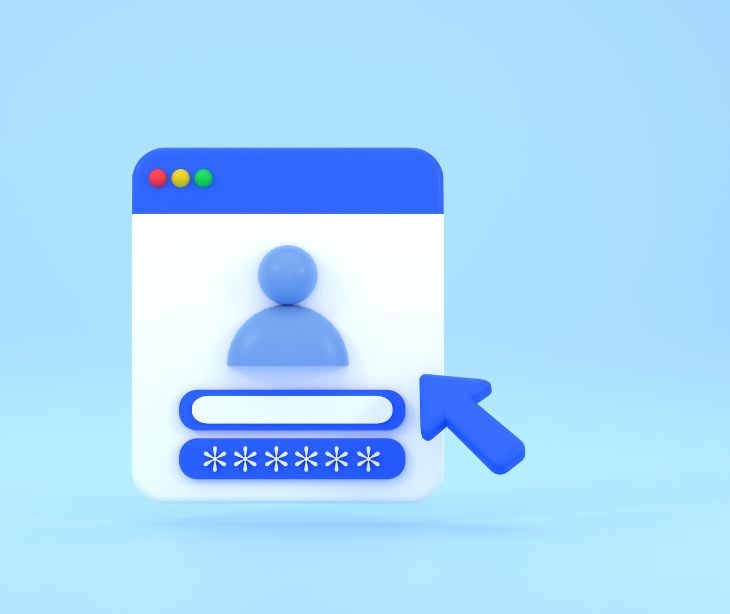
Token-based authentication is HIPAA compliant. It meets stringent security standards by offering unique user identification, access control, encryption, auditability, and strong authentication. When implemented with additional security measures, it ensures compliance, safeguarding sensitive patient data in healthcare settings.
What is token-based authentication?
Token-based authentication operates as a method to verify user identities. Tokens, unique identifiers generated upon user authentication, serve as digital keys exchanged between clients and servers, validating access to resources. Their efficiency lies in enhancing security while simplifying user experiences, functioning as short-lived, revocable access keys for authorized users.
Related: The role of user authentication in maintaining HIPAA compliance
HIPAA compliance requirements
HIPAA's Security Rule mandates measures to ensure data confidentiality, integrity, and accessibility within healthcare organizations. Central to this framework are access control, unique user identification, encryption, auditability, and robust authentication methods. These standards aim to safeguard healthcare systems against unauthorized access and data breaches and ensure the privacy of patient information.
Token-based authentication and HIPAA compliance
Token-based authentication meets HIPAA's rigorous security requirements:
- Unique user identification: Tokens uniquely identify users, controlling access to sensitive information and ensuring that only authorized individuals gain entry.
- Encryption: Tokens, often encrypted, secure data in transit and at rest, strengthening data protection measures.
- Auditability: Detailed logs generated by token systems allow user activity tracking, addressing HIPAA's auditability demands.
- Authentication strength: Token systems and multi-factor authentication reinforce the overall security posture, minimizing vulnerabilities.
Advantages of token-based authentication in healthcare
- Enhanced security measures: Short-lived, revocable tokens strengthen security by reducing the window of vulnerability if compromised.
- Compliance adherence: Token-based systems seamlessly align with HIPAA's access control and security standards, facilitating compliance efforts.
- Reduced data breach risks: By minimizing the necessity for repeated credential inputs, token-based authentication reduces potential attack vectors exploited in data breaches.
- Improved user experience: Token-based systems enhance user experience by streamlining access to protected resources.
Implementation considerations for HIPAA compliance
To ensure token-based authentication effectively contributes to HIPAA compliance within healthcare settings, organizations must consider some implementation strategies:
- Regular token rotation: Periodic token rotation mitigates risks associated with compromised tokens, enhancing security protocols.
- Secure token storage: Implementing secure mechanisms prevents unauthorized access to stored tokens, safeguarding sensitive information.
- Strong revocation mechanisms: Robust mechanisms enable immediate token revocation in the event of compromise or changes in user access privileges.
- Continuous monitoring: Regular checks and audits of token-based authentication systems help promptly identify and rectify potential security issues.
Subscribe to Paubox Weekly
Every Friday we bring you the most important news from Paubox. Our aim is to make you smarter, faster.




